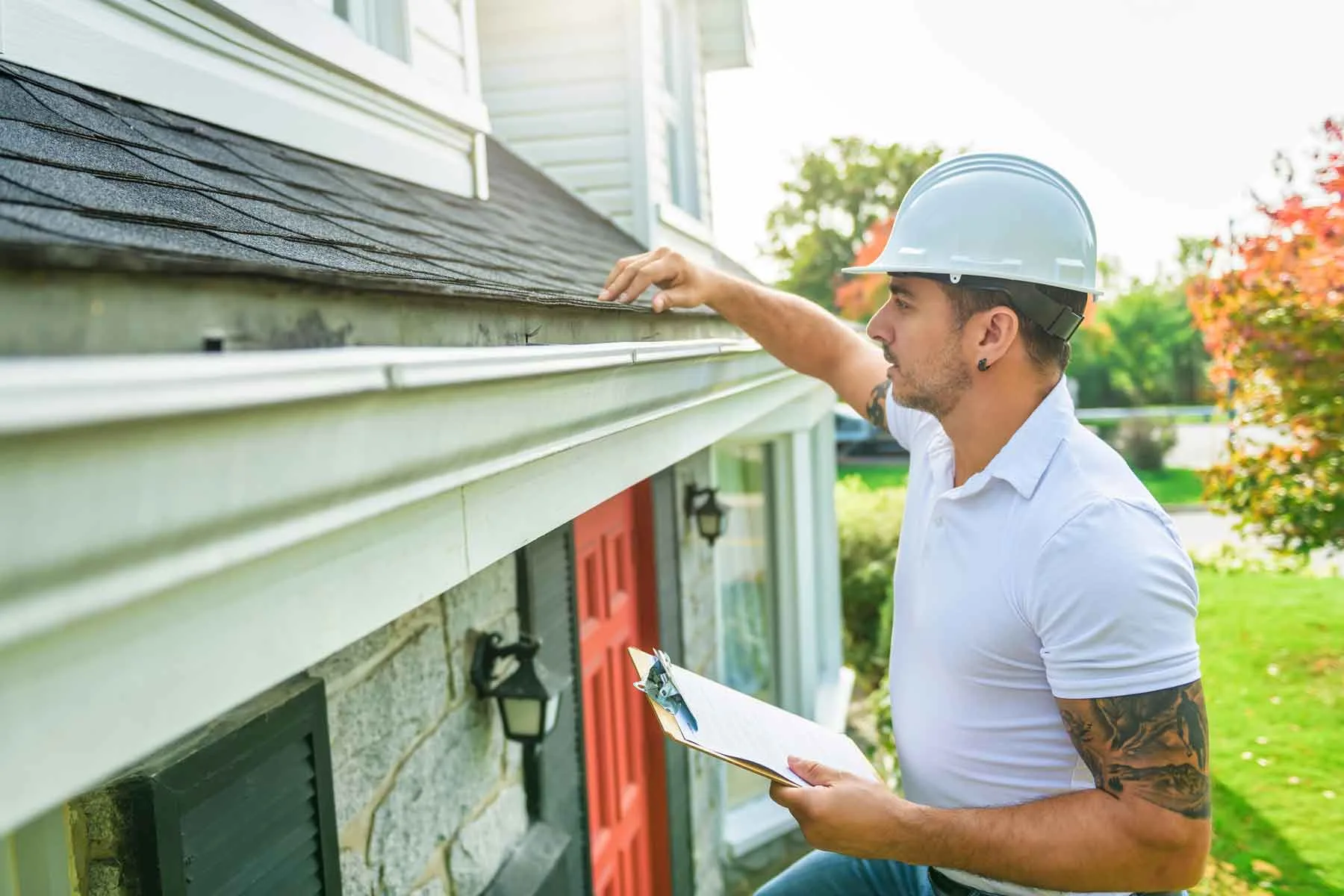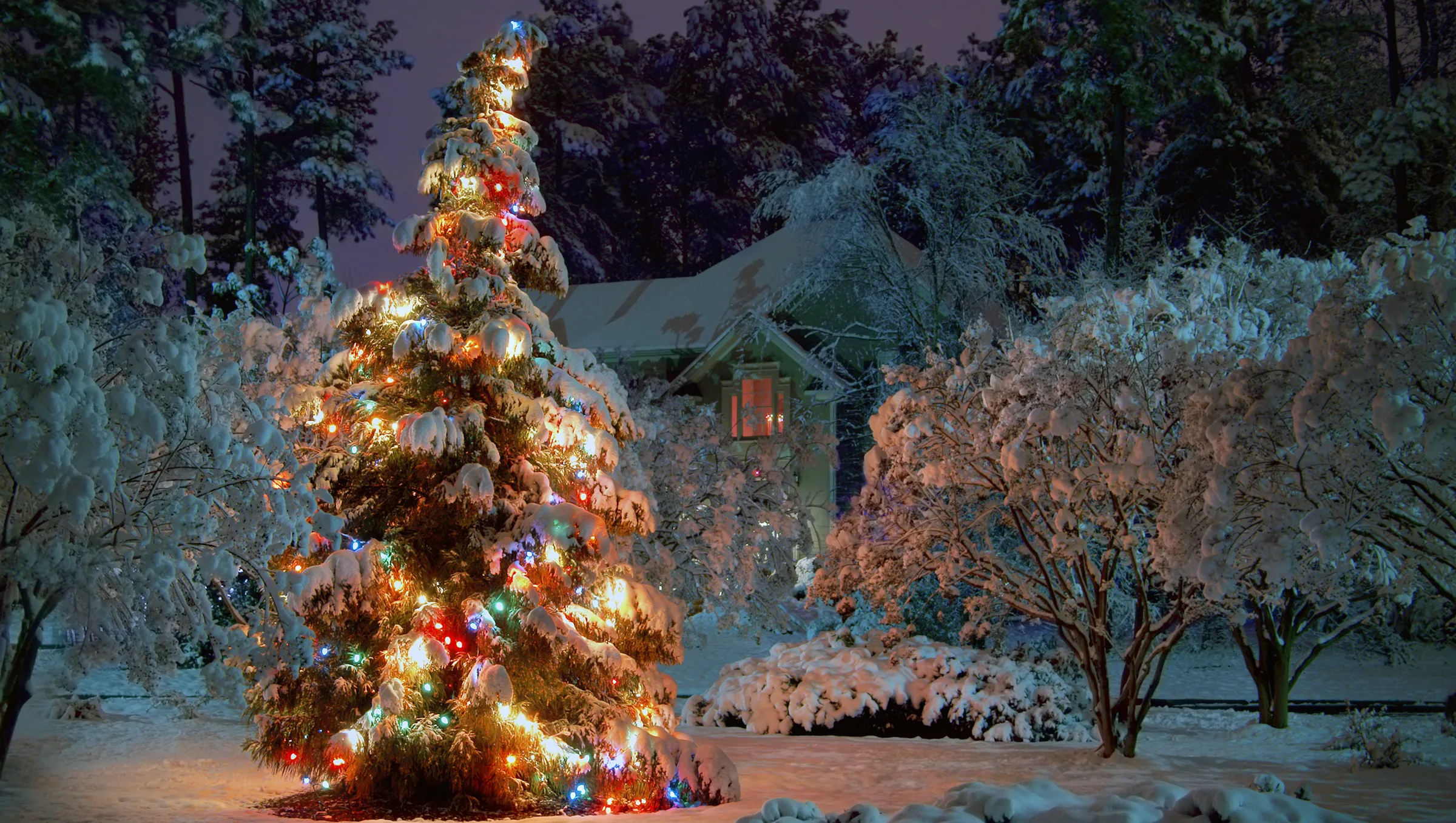Home inspection cost can learn what affects it, average prices, and tips to save without compromising quality for a safe, informed purchase.
But if you’re like most buyers or homeowners, one of your first questions is: “How much will this cost?” Understanding home inspection cost is essential it helps you budget properly, avoid surprises, and make informed decisions about your property.
In this article, we’ll break down everything you need to know about home inspection cost, including what influences it, typical price ranges, tips to save money, and common misconceptions.
What Is a Home Inspection and Why Is It Necessary?
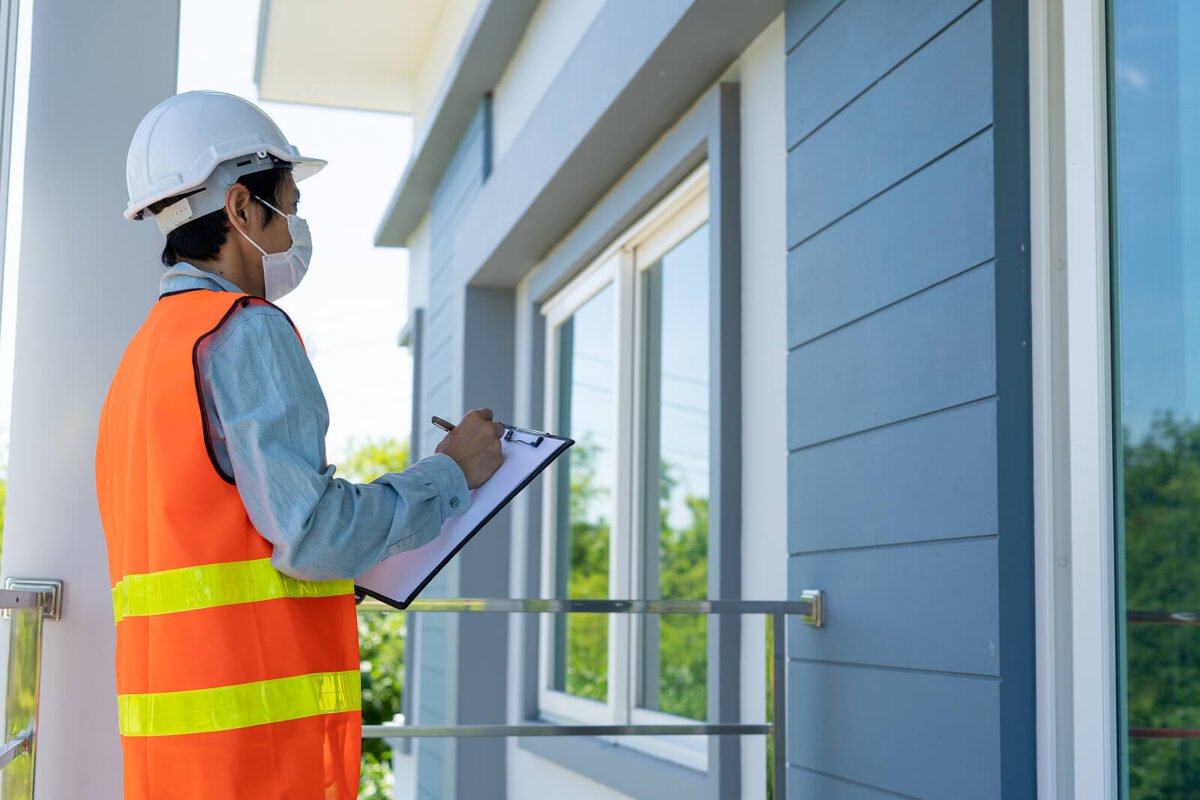
A home inspection is a thorough examination of a property’s condition, usually performed by a certified home inspector. The inspector checks everything from the roof to the foundation, plumbing to electrical systems, and even HVAC units. The goal is to identify existing problems, potential future issues, and safety hazards.
Why is this important? Imagine moving into your dream home only to discover a leaky roof, faulty wiring, or hidden mold. A professional home inspection can prevent these unpleasant surprises. Knowing the home inspection cost upfront also helps you plan for any necessary repairs or negotiations with the seller.
Factors That Influence Home Inspection Cost
Several factors determine the price of a home inspection. Understanding these can help you estimate your budget accurately.
1. Size of the Home
The size of your home is one of the most significant factors affecting inspection cost. A small 1,000-square-foot house may cost around $300–$400 for a basic inspection, whereas a 3,500-square-foot home could run $600–$800 or more. Inspectors usually charge more for larger homes because there’s more area to examine.
2. Age of the Home
Older homes often require more detailed inspections. Inspectors may need to check outdated electrical systems, plumbing, roofing, or structural components. As a result, homes built before the 1980s or homes with multiple renovations may have higher inspection costs.
3. Location
Location can significantly affect home inspection cost. Urban areas or regions with higher living costs generally have higher inspection fees. For example, a standard inspection in New York City or San Francisco may cost $500–$700, whereas in smaller towns or rural areas, it could be $300–$400.
4. Type of Inspection
There are different types of inspections, and your choice will impact the cost:
-
Standard Home Inspection: Covers basic structure, systems, and safety.
-
Specialized Inspections: Include termite, radon, mold, sewer line, or roof inspections. Each additional service usually adds $100–$300 to the total cost.
5. Additional Services
Some homeowners opt for extras like thermal imaging or infrared inspections to detect hidden water damage or insulation problems. While these services provide valuable information, they increase the total home inspection cost.
Average Home Inspection Cost by Region or Scenario
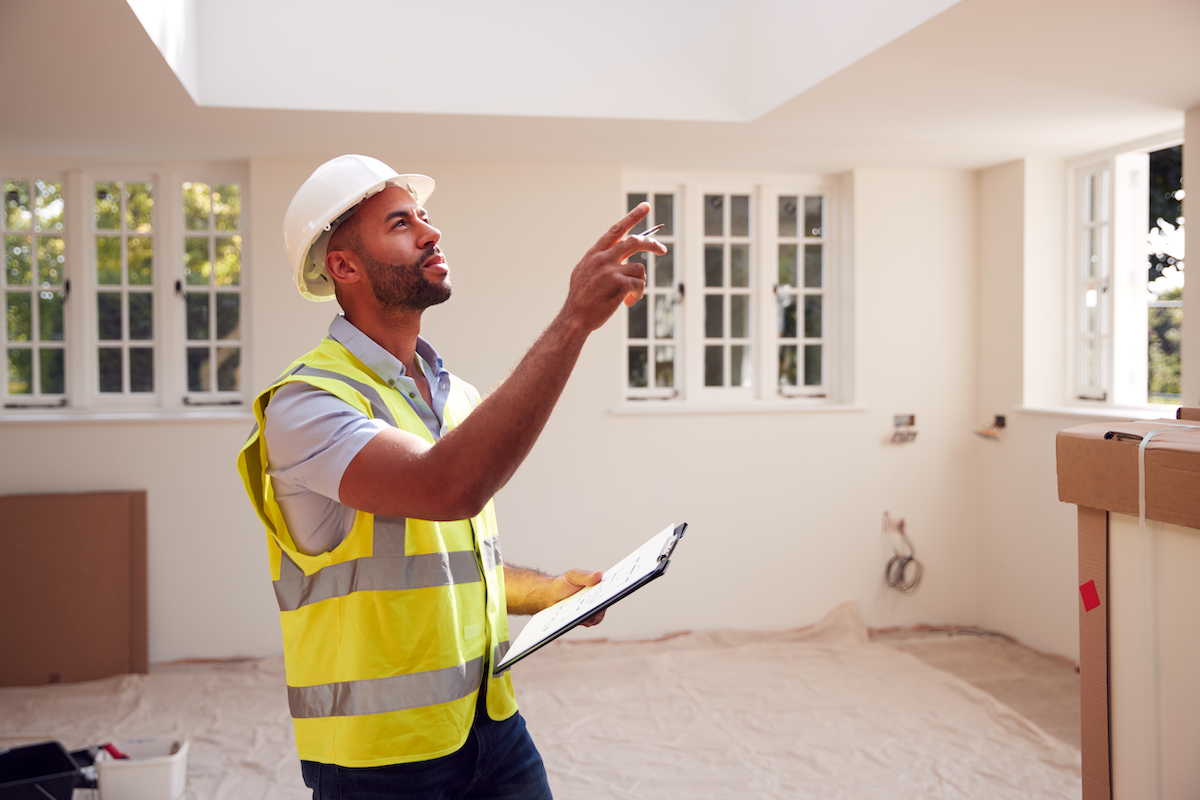
To give you a better idea, here’s a breakdown of what you might expect to pay:
-
Small homes (under 1,500 sq. ft.): $300–$450
-
Medium homes (1,500–2,500 sq. ft.): $400–$600
-
Large homes (over 2,500 sq. ft.): $600–$900+
-
Luxury homes or multi-unit properties: $1,000–$2,000
Regional differences can be significant:
-
Urban areas: $450–$700 average
-
Suburban areas: $350–$500 average
-
Rural areas: $300–$450 average
It’s important to note that these are average ranges. Your home inspection cost may vary depending on the complexity of the property and the experience of the inspector.
Tips to Save on Home Inspection Without Compromising Quality
While home inspection cost is an important consideration, you don’t want to cut corners. Here are some practical tips to save money without sacrificing quality:
-
Shop Around: Get quotes from multiple inspectors. Prices can vary significantly even within the same city.
-
Bundle Inspections: Some companies offer packages for home, termite, or radon inspections at a lower combined cost.
-
Negotiate: Sometimes inspectors are willing to adjust their fees, especially in less busy seasons.
-
Prioritize: If your budget is tight, focus on the essential inspection first, then schedule specialized checks later if needed.
-
Attend the Inspection: Being present allows you to ask questions directly, understand potential issues, and avoid hiring multiple inspectors unnecessarily.
Common Misconceptions About Home Inspection Costs
Even experienced homeowners sometimes get confused about what goes into a home inspection. Let’s clear up a few myths:
Myth 1: “All Inspections Cost the Same”
Home inspections vary depending on size, location, age, and additional services. Expect different prices for different properties.
Myth 2: “A Cheaper Inspection Is Fine”
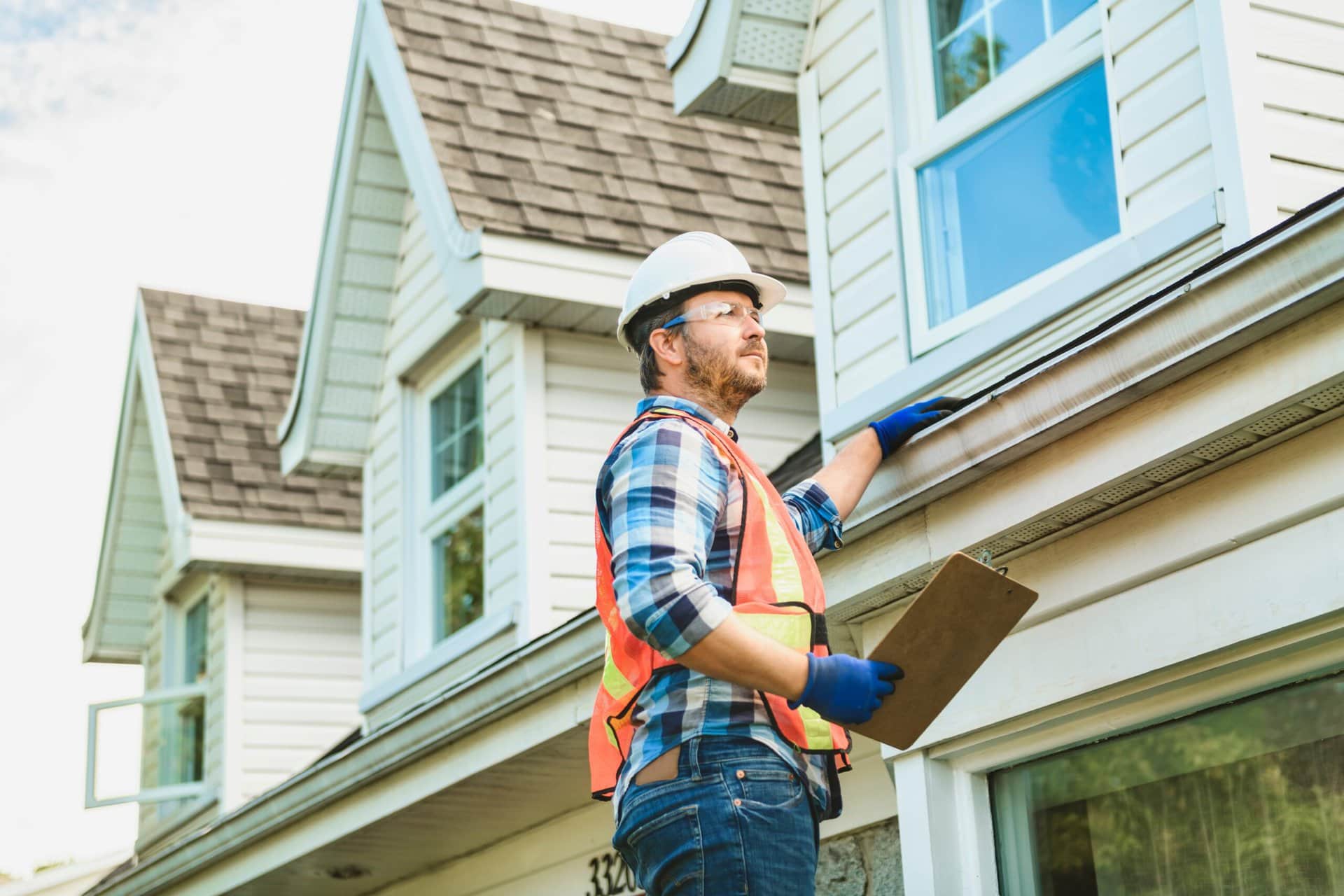
While it’s tempting to save money with a lower fee, a poorly conducted inspection could cost you thousands in repairs later. Always choose a certified and experienced inspector.
Myth 3: “Home Inspections Are Only for Buyers”
Sellers also benefit from inspections. Pre-listing inspections can identify issues beforehand, helping to avoid last-minute surprises or negotiation hurdles.
Myth 4: “Home Inspections Fix Problems”
An inspection identifies issues—it does not fix them. Think of it as a health check for your home.
Real-Life Example
Consider this scenario: Maria is buying a 2,000-square-foot suburban home built in 1995. She requests a standard inspection plus termite and radon testing. The breakdown looks like this:
-
Standard inspection: $450
-
Termite inspection: $150
-
Radon test: $125
Total home inspection cost: $725
Maria attends the inspection and discovers minor electrical wiring issues and a small roof leak. She uses this information to negotiate $1,500 off the asking price, saving more than double the inspection cost. This example shows why investing in a thorough inspection pays off.
Conclusion
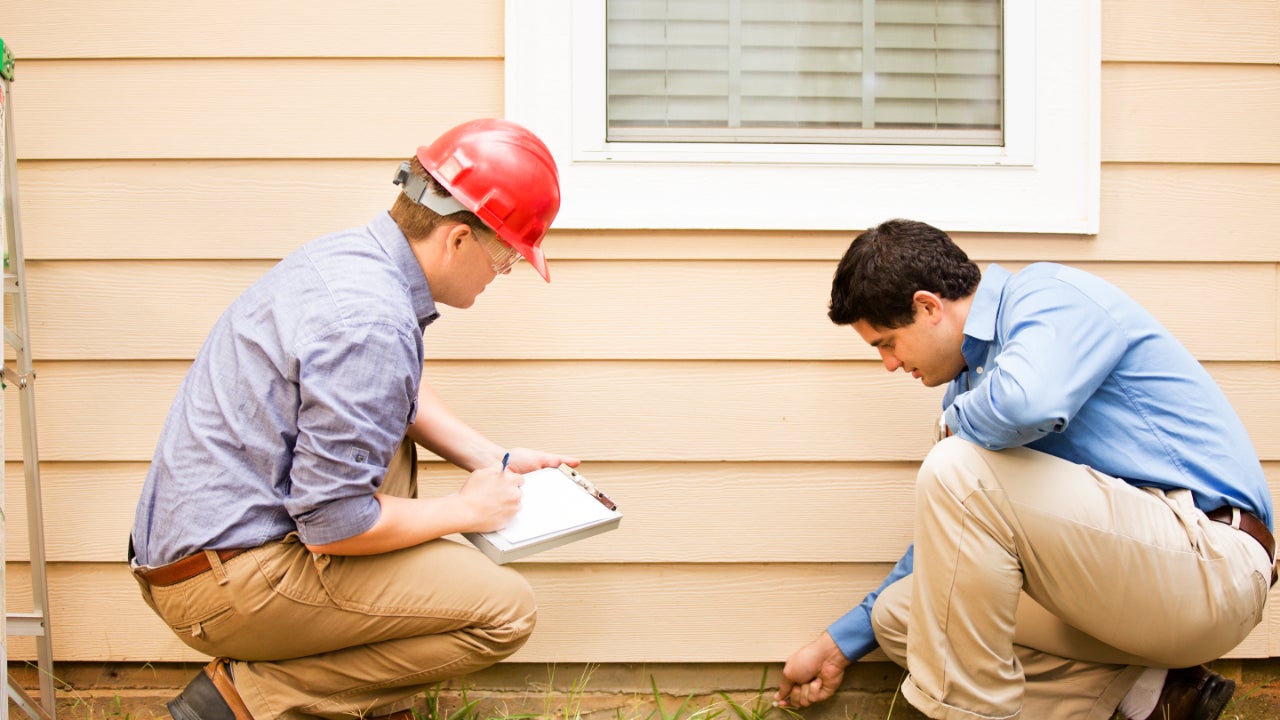
Understanding home inspection cost is vital for anyone buying or selling a home. Costs vary depending on the size, age, location, and type of inspection, but knowing the typical ranges helps you budget effectively. Remember, a home inspection is an investment in peace of mind—it can save you thousands in unexpected repairs and provide valuable leverage during negotiations.

